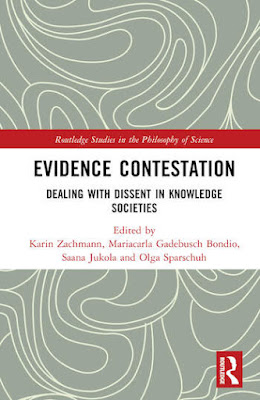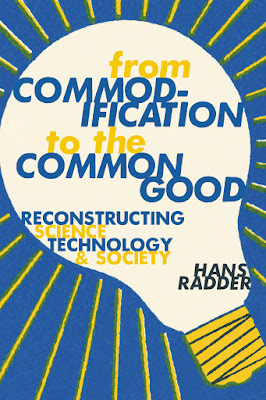Volume 5, Issue 1: Not all evidence proves, but all that proves is evidence

Not all evidence proves, but all that proves is evidence Karin Zachmann, Mariacarla Gadebusch Bondio, Saana Jukola, and Olga Sparschuch (eds.), Evidence Contestation: Dealing with Dissent in Knowledge Societies . London and New York: Routledge, 2003, pp. xvi + 329. Hardcover ISBN: 978-1-032-21910-3. OPEN ACCESS There are many riddles that keep mankind in moving. Some have been with us since ancient times, others maybe just for a few days. Why people are unable to accept proven facts is probably one of the older ones. As well as how, when all the evidence and data have been lined up in favor of a certain point of view, why are people still able to act and believe contrary to it. The problem is perhaps similar to the ancient problem of weakness of will (akrasia) – if a person knows what is good for him, what is the right practice, why does he act contrary to it? Evidence wars Recently, the tendency to fundamentally dispute, question, and disc...




